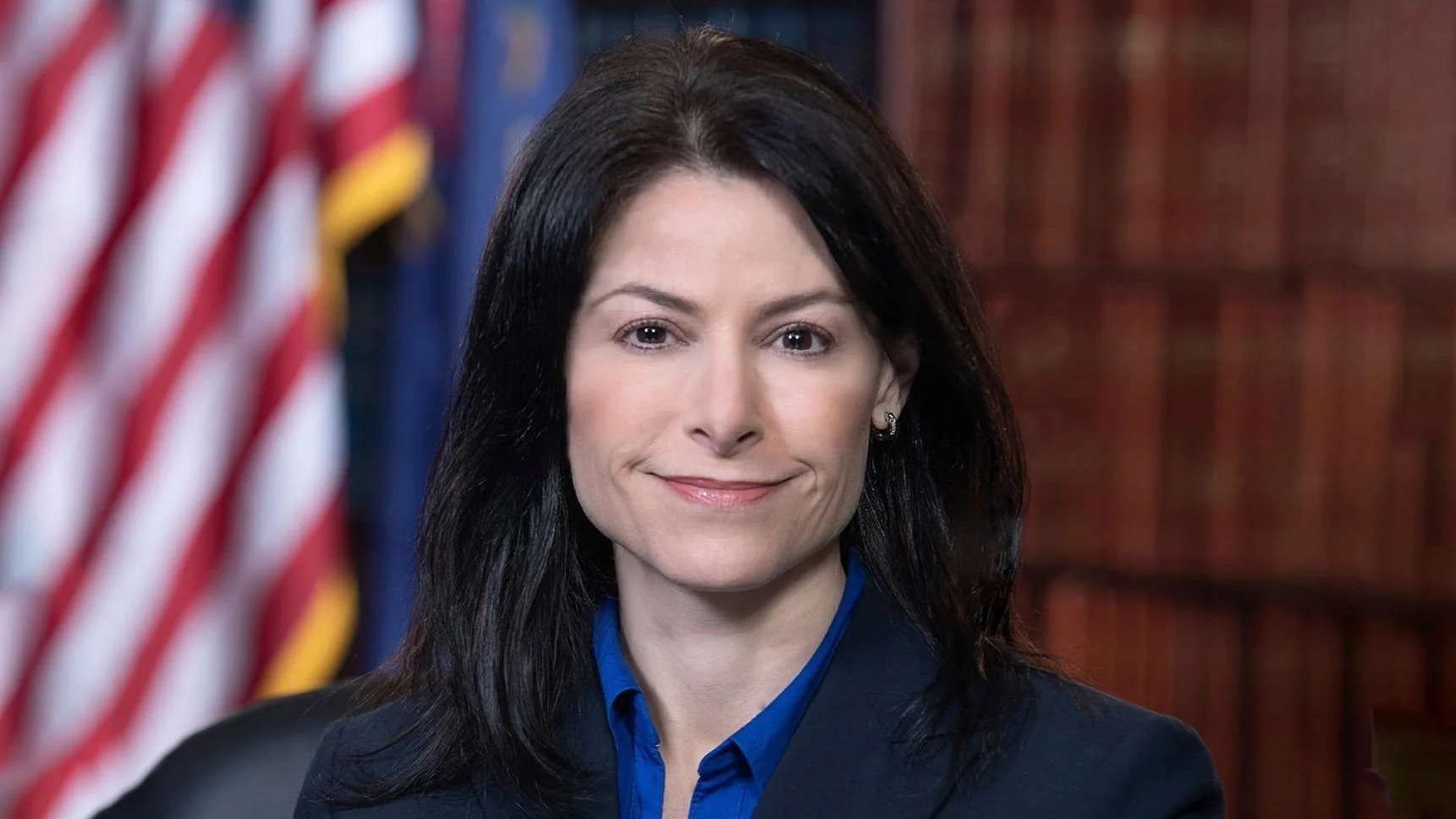Dana Nessel, Attorney General of Michigan | www.facebook.com
Dana Nessel, Attorney General of Michigan | www.facebook.com
Three individuals have been charged with Medicaid fraud in connection with an alleged scheme involving the Michigan Medicaid transportation program, according to a statement from Michigan Attorney General Dana Nessel. Bernice Marie Pate, 51, of Inkster, was arraigned on October 8, 2025, in East Lansing’s 54B District Court. She faces ten counts of Medicaid Fraud – False Claim, each carrying a potential four-year prison sentence.
Earlier in the week, Wanda Rose Spivey, 55, of Taylor, and Ashley Eliza Mendoza, 34, of Detroit were also arraigned in the same court. Both face five counts each of Medicaid Fraud – False Claim.
The state’s Medicaid program offers mileage reimbursement for beneficiaries traveling to eligible medical appointments. In some cases, participants use a smartphone app that tracks their trips via GPS. After completing an appointment-related trip, beneficiaries receive reimbursement through a payment card that functions like a debit card.
Authorities allege that Pate, Spivey and Mendoza used another application to manipulate their phones’ locations and submitted false claims for trips that did not occur. The Michigan Department of Health and Human Services Office of Inspector General referred the case to the Attorney General’s office.
“Taking advantage of a program designed to help those in need get to necessary medical services is deplorable,” said Nessel. “I commend the DHHS Office of Inspector General for their work on this case. This remains an active investigation, and my office is committed to holding those who engaged in this conduct accountable.”
Spivey and Mendoza were arraigned on October 6 before Judge Molly Hennessey Greenwalt; Pate appeared before Judge Greenwalt two days later. All three defendants received $50,000 personal recognizance bonds and are scheduled for further court proceedings on October 17 (Probable Cause Conference) and October 23 (Preliminary Examination).
The case is being handled by the Attorney General’s Health Care Fraud Division (HCFD), which serves as Michigan’s federally certified Medicaid Fraud Control Unit. The division receives most of its funding from the U.S. Department of Health and Human Services under a grant totaling $5.5 million for fiscal year 2026; the remaining quarter comes from state funds.
For all criminal proceedings related to this matter, it is noted that charges are allegations only; defendants are presumed innocent unless proven guilty in court.






 Alerts Sign-up
Alerts Sign-up